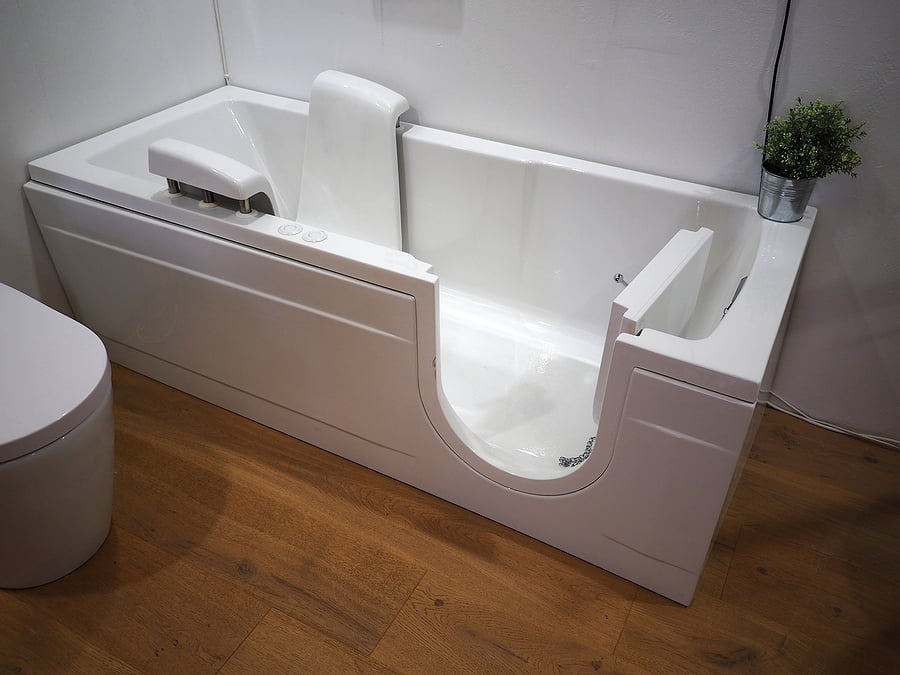
Berkshire Disability Campaigner Recalls Bath Incident
A Berkshire-based disability campaigner has spoken of how he was expected to be able to use standard baths without any mobility aids as a child.
Speaking to Berkshire Live, 45-year-old Rehan Siddiqui, who was born with neither hands nor feet, outlined how he was forced to adapt the hard way as he grew up in Slough in the 1970s under the care of unsympathetic medical staff.
Raised with the expectation that he just had to find his own solutions to situations, he reflected on the bath incident as typical of the kind of experiences he had in a world where few people would do anything to help him carry out tasks such as getting dressed, eating and bathing, despite promises to do so.
He remarked: “Back then things were really different to how they are now. I was basically told to just get on with it.”
This bath incident was a clear case in point; a doctor left him in it and told him to bathe and then get out by himself. “They’d be gone,” he stated. “But ten minutes later they would come back I’d still be in the bath thinking, ‘how am I supposed to get out?’”
Thankfully, nowadays disabled people can get accessible showers in Berkshire, rather than struggling in a world designed for able-bodied people who are unwilling to provide help where it is needed.
As a result of his experiences, Mr Siddiqui said he had to develop a very independent approach to life, in which he would still attend a mainstream school and learn to do various tasks by himself, even though he struggled to make friends and had issues such as trying to find people to carry his books for him.
He now runs diversity and exclusion schemes, but warns that in many cases these are well-meaning but misguided, as they can bring disabled people into workplaces as a box-ticking exercise rather than because they have the skills to do a job, which grates against his attitude that “if you can put your mind to it, you can accomplish anything”.
In Mr Siddiqui’s case that includes driving a car and being married as well as holding down a job, based on the attitude that he does not want to fall back on elements like local authority provision.
Nonetheless, those seeking help to modify their bathrooms now and have other items embedded in their homes to make coping with disability easier may be glad their situation is not as tough as that Mr Siddiqui grew up with.
However, that certainly does not mean all is well for disabled people, in the UK now, as a survey published this month indicated.
A YouGov survey for Habinteg Housing Association found that 55 per cent of able-bodied Britons believed they would have to leave their current home if they did become disabled.
While stairs were listed as the biggest issue that would force a move, 48 per cent also said their bathroom would not be accessible enough for their needs.
Habinteg chief executive Nick Apetroaie responded to the survey by calling for more accessible homes to be built.
“Adequate housing is fundamental to inclusion and equality for disabled and older people, but there’s simply not enough supply for the growing demand,” he commented.

